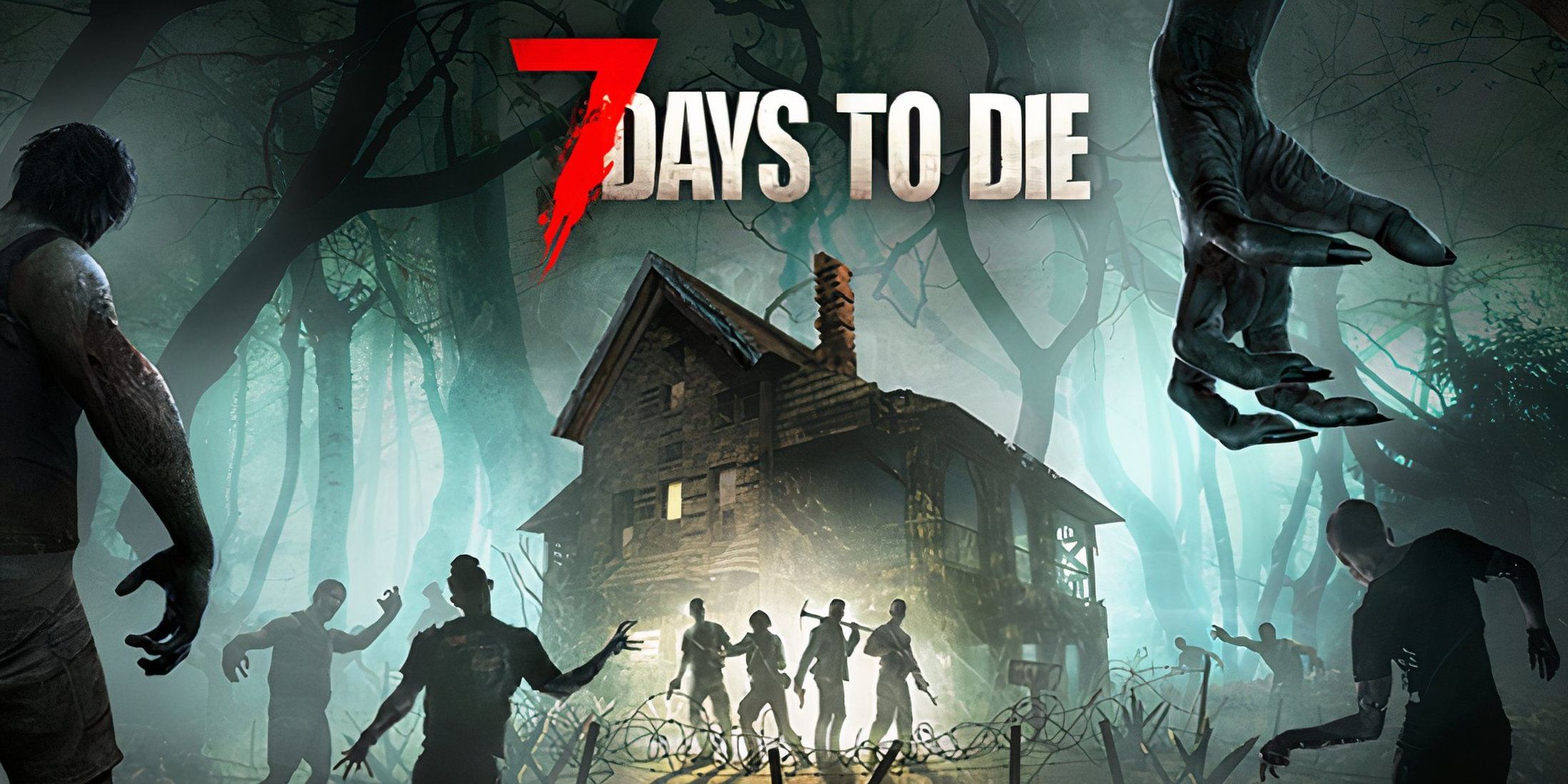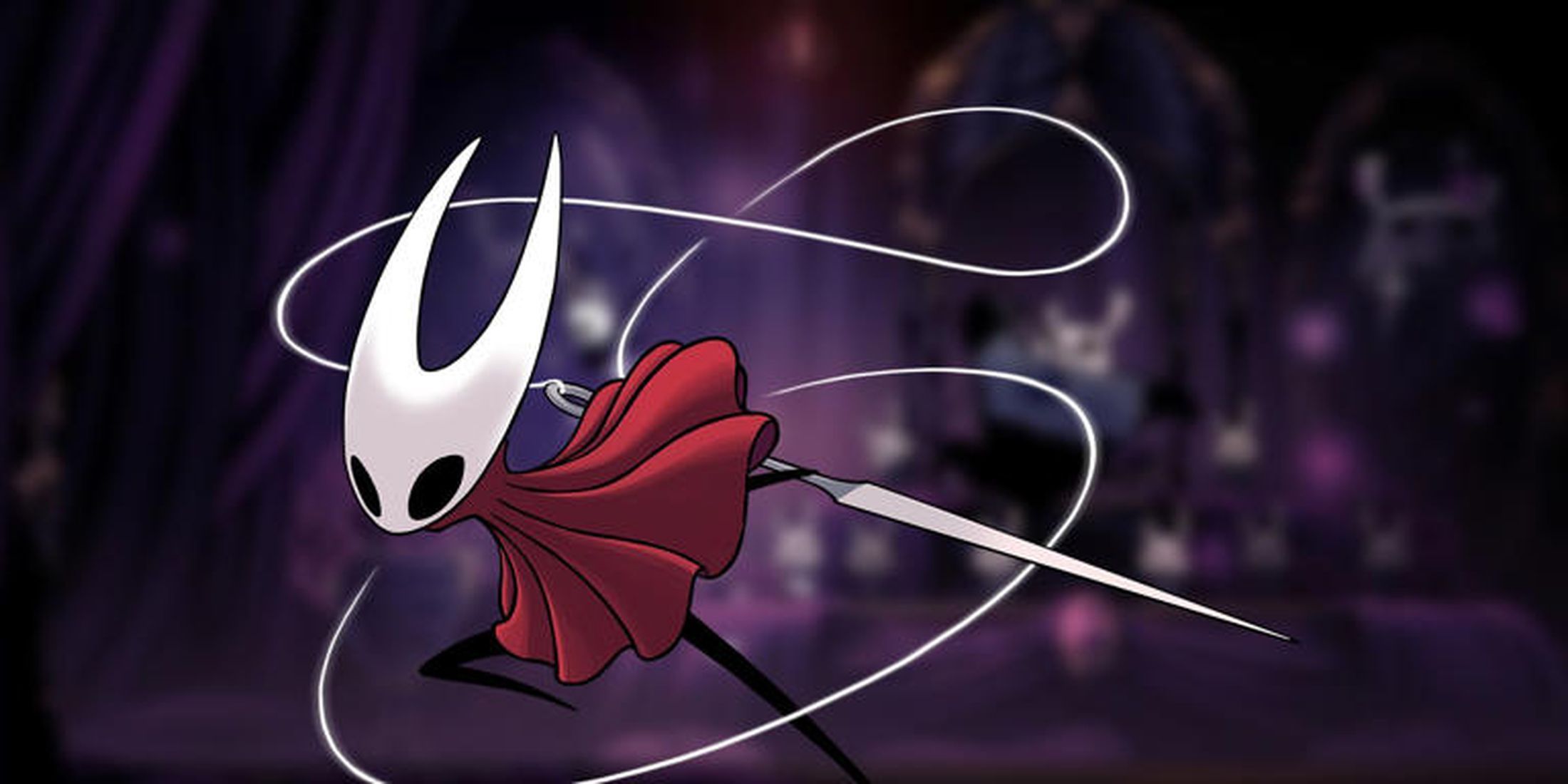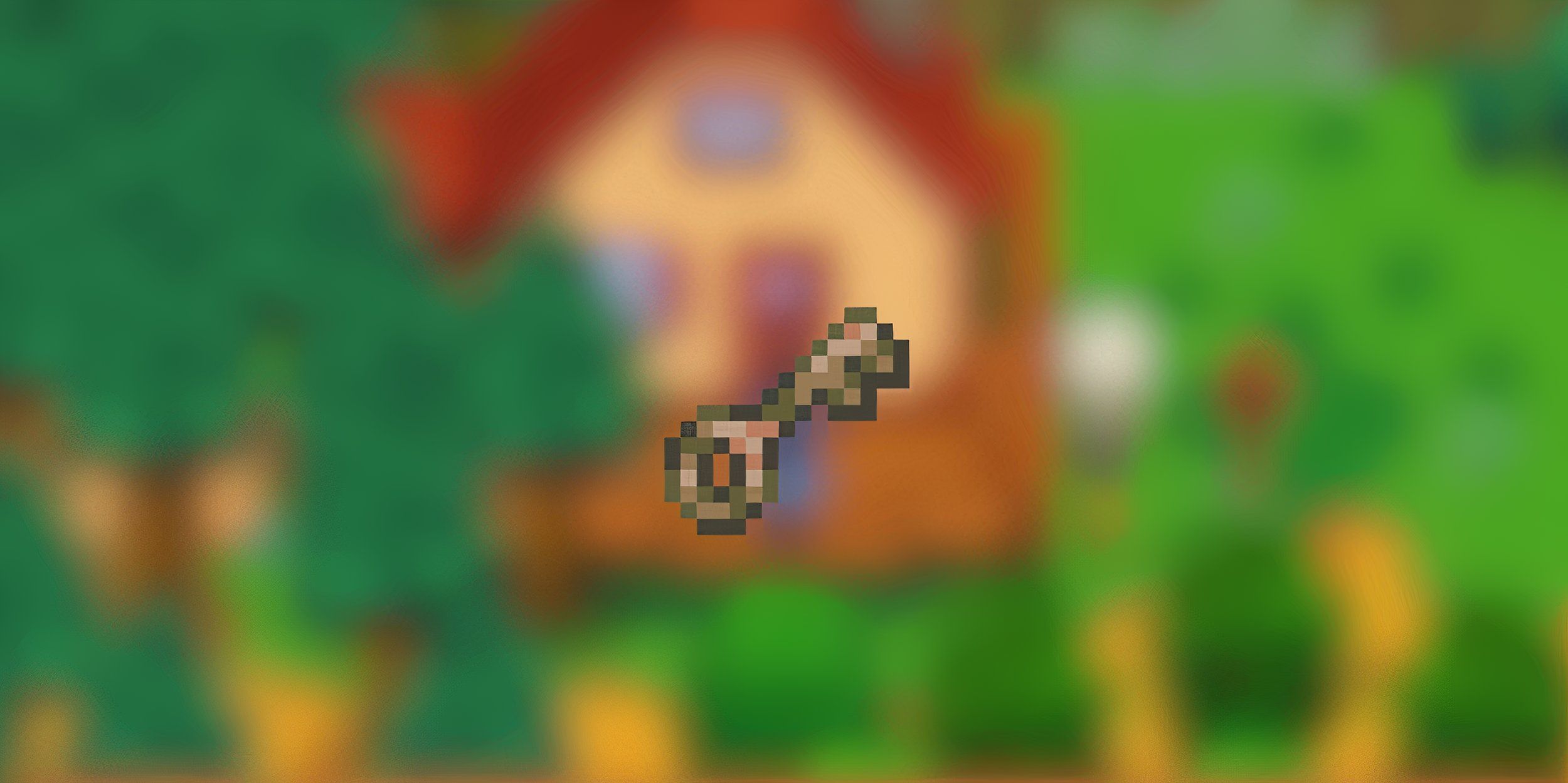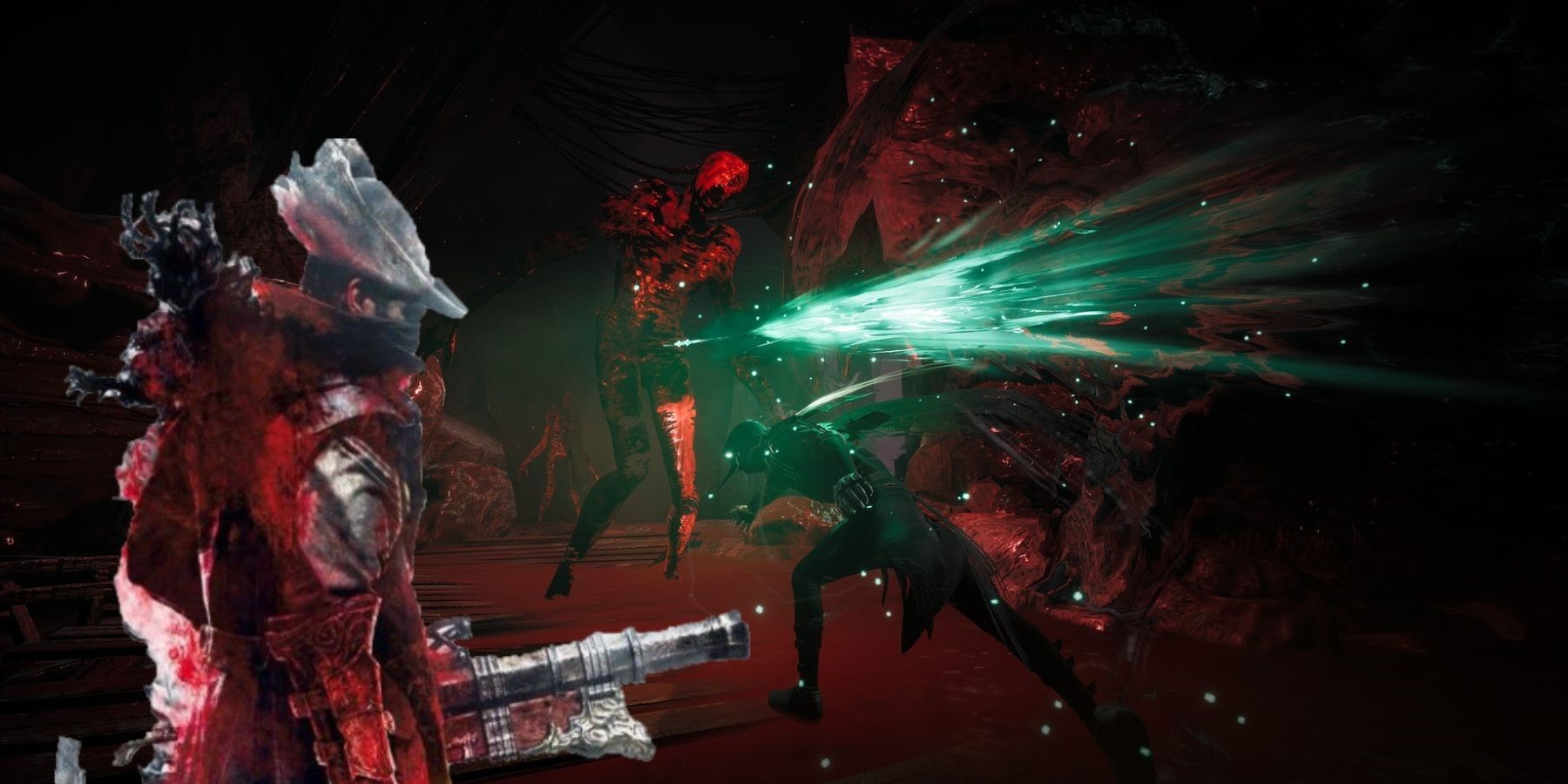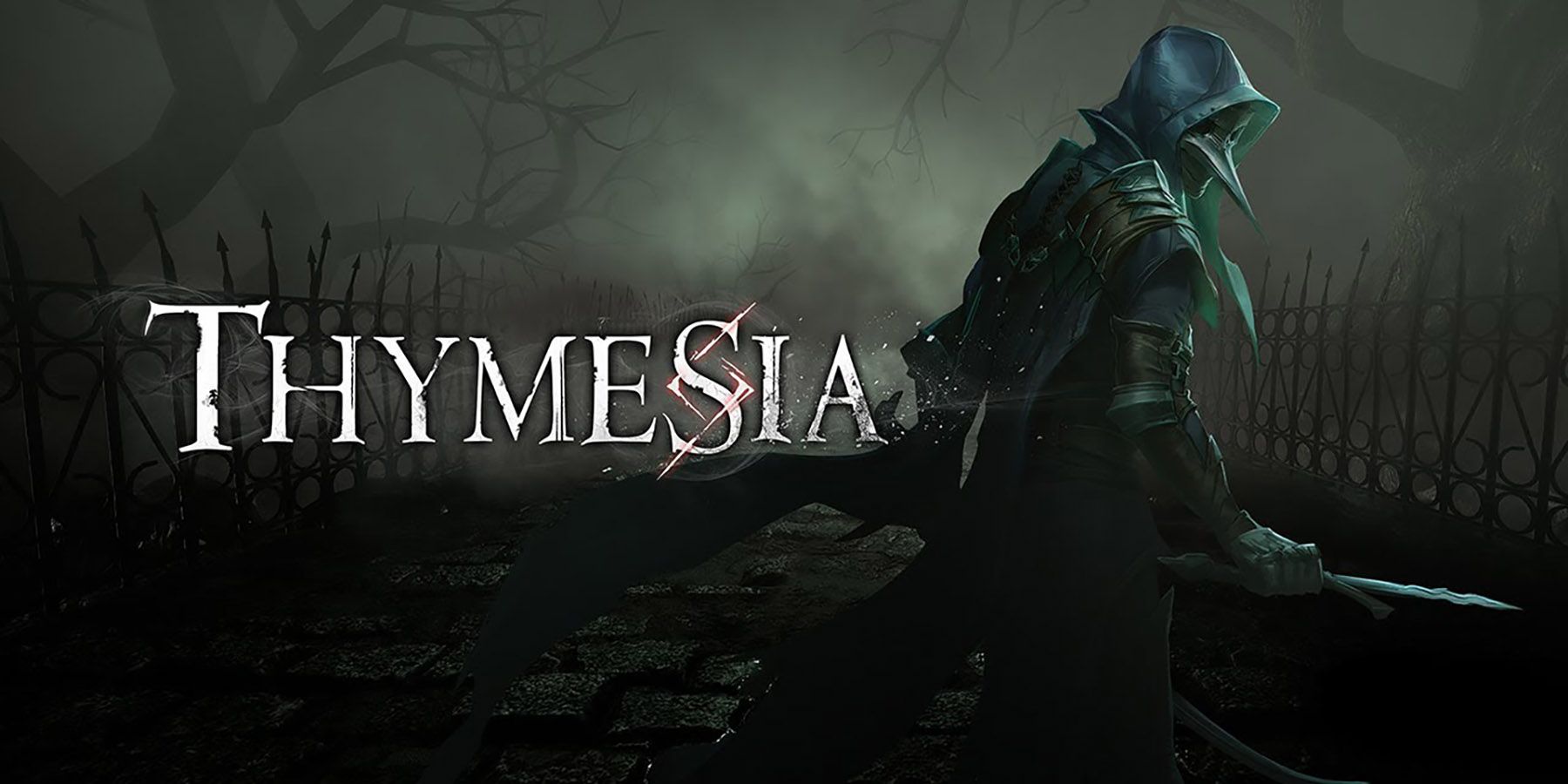When OverBorder Studio announced its first project's release, Dark Souls fans all over the world rejoiced at the first look of Thymesia, a Soulslike with a plague doctor protagonist that's coming this December. Ever since the success of the Dark Souls series, many games similar to it came out, and the phenomenon was on such a massive scale that the Soulslike genre was born, giving a label to titles that aspire to be as challenging and compelling as the original franchise. There are many games that fall within this category, and hard difficulty is one of the strictest requirements for them to be Soulslikes because of how unforgiving and punishing the Dark Souls series can be.
Thymesia does all of that and more, considering that it is also atypical in some of its features when compared to classic Soulslike games, and that makes it rather unique. Game ZXC spoke to OverBorder Studio about what makes Thymesia more akin to Dark Souls, Elden Ring, and others, and what marks it as something else. This includes its combat system, the character progression,and the degree of customization available to players, and how it was designed in terms of complexity and challenge.
Why Thymesia is a Perfect First Soulslike Game
One of the very first aspects to talk about when it comes to Thymesia is that it lacks a stamina bar, which is otherwise a very distinctive trait of most Soulslike titles due to resource management being part of the challenge. OverBorder Studio never wanted it to be part of Thymesia because it can take something away from the players, namely the fact that having to micromanage stamina comes at the cost of being limited in options and possibilities in all sorts of scenarios. The absence of the stamina bar might seemingly make Thymesia inherently less challenging and difficult, but OverBorder Studio shook things around with strategy and other features to keep the game tough.
[...] we knew we didn’t want to use a stamina bar to limit or dictate what the player can or should do. That decision made it much more challenging for us to design combat, since the player can do whatever they want, and we needed to come up with a way to allow players to plan their moves strategically instead of just spamming attacks.
Thymesia also has a currency system that works similarly to that of Dark Souls games, where players get to accumulate memory shards, and death can take those away from them permanently if they are not careful. These precious shards serve the purpose of upgrading the main character, Corvus, in a plethora of ways. This is where customization kicks in, with several talents to pick from, including ones that drastically change the way the game is played - like one that removes the parry entirely in favor of a permanent defensive buff.
You can approach each enemy differently and wait to react to their attacks, or you can attack first, forcing them to counterattack and opening them up for a parry. Corvus’ build can be customised in order to suit different playstyles or to prepare for the enemies and bosses the player encounters throughout their journey.
There are also different plague weapon abilities that Corvus can cast with Thymesia's mana, called plague energy, which ties directly in with the lore surrounding the character and the real-life plague doctors. Potions are also a big part of Thymesia's combat, and OverBorder Studio even stated that there was a near-impossible encounter prior to the introduction of these concoctions, but now it is feasible. Still, the game's difficulty is quite bizarre, because Thymesia was designed so that the entire thing could be completed with a naked, level 1 character, without any of the upgrades available.
Overall, combining all these aspects makes for a very interesting Soulslike for veterans, and an even better one for newcomers to the genre. In fact, Thymesia can be the perfect game to introduce players to Soulslike games, so that finishing this and jumping on the next could feel like an upgrade in terms of challenge.
Thymesia releases December 7 on PC.

